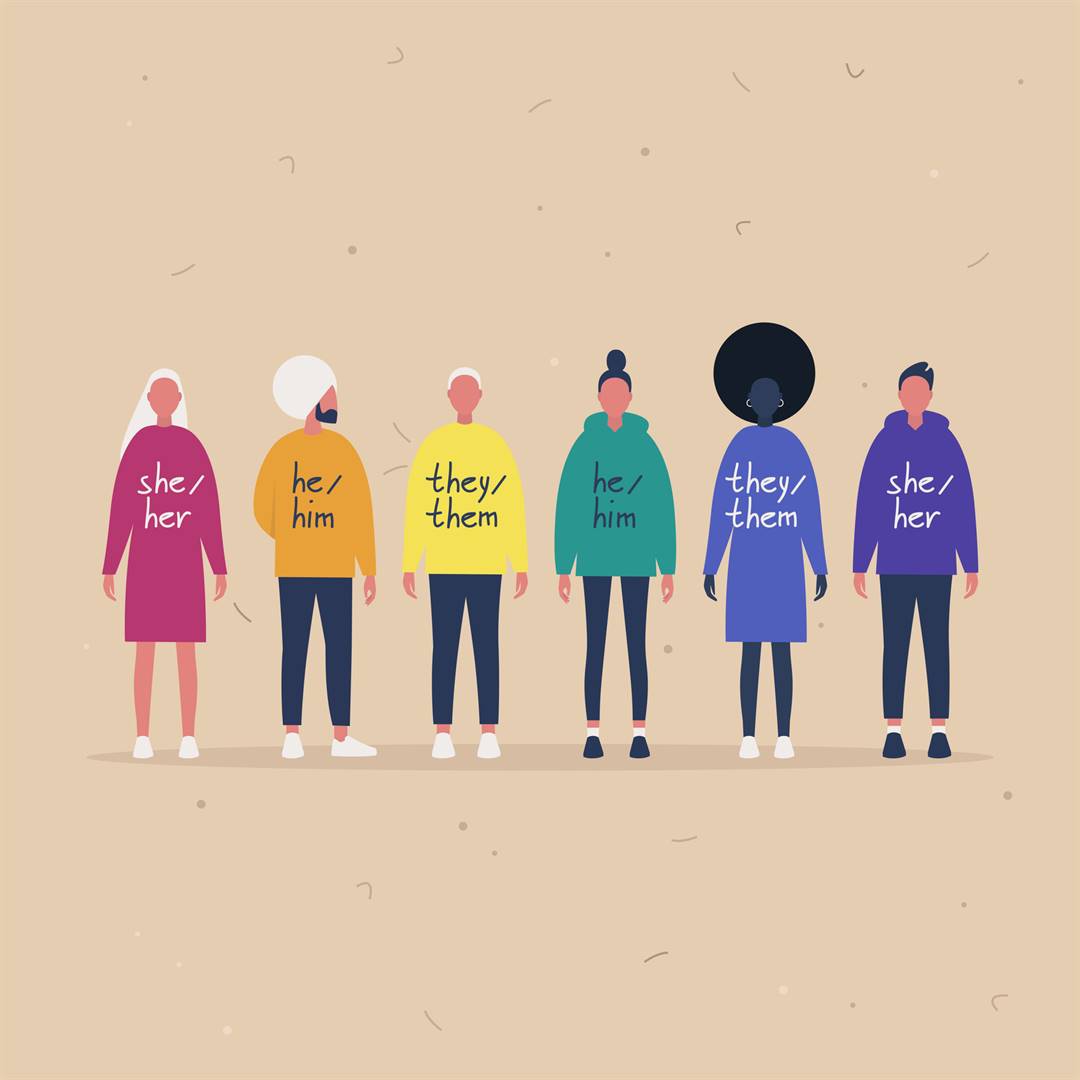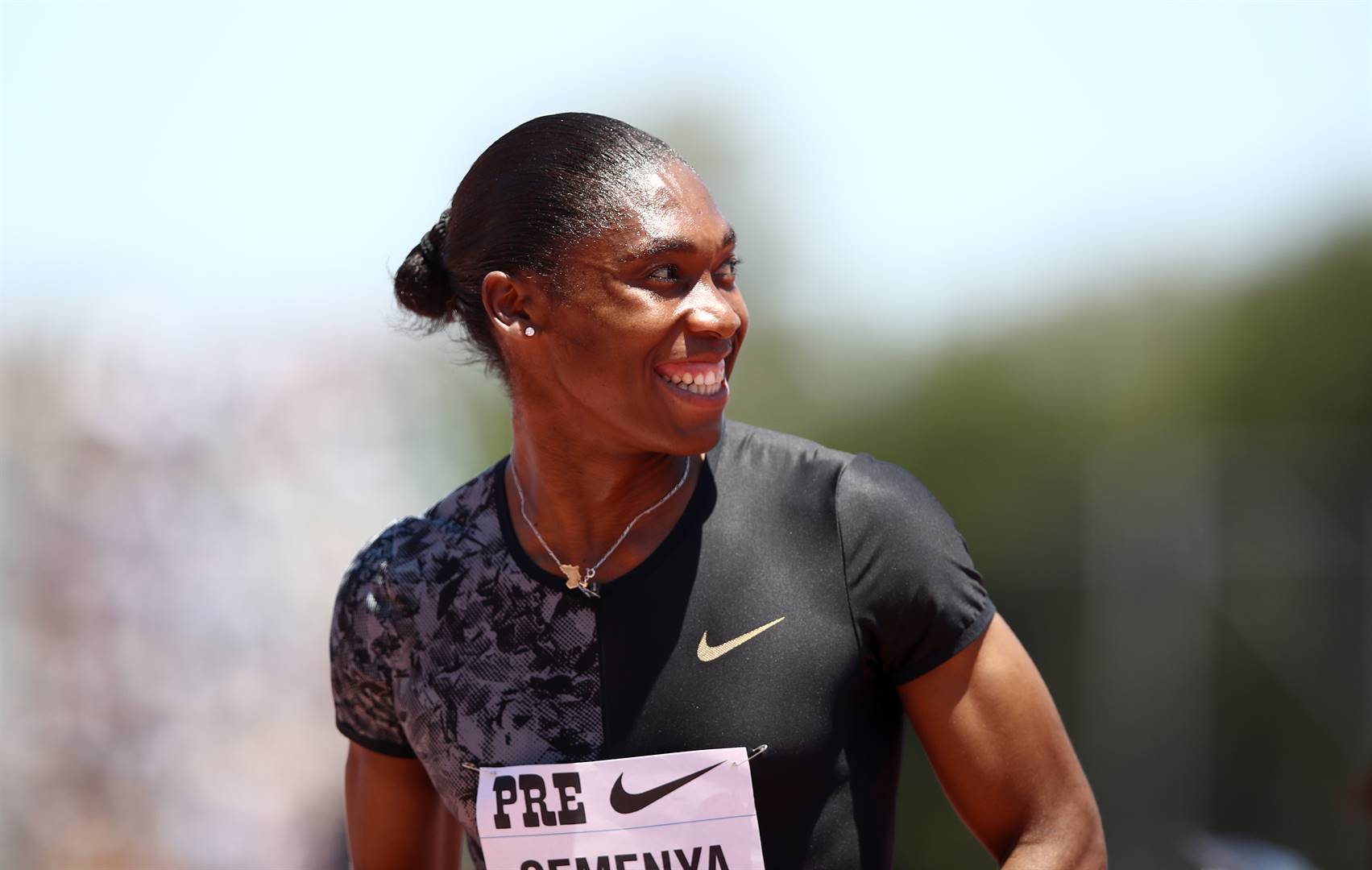
“I was born at home. If I was born in a clinic, maybe my story would be different,” Nthabiseng Mokoena says in their short film Reclaiming Intersex.
Born with ambiguous genitalia in the small rural town of Coligny in South Africa’s North West province, 32-year-old Mokoena is a gender non-conforming intersex activist who uses they/them/their gender pronouns.
Reclaiming Intersex takes viewers on Mokoena’s journey of trauma and resilience, a narrative many intersex South Africans share.
The NGO Intersex South Africa’s 2018 report defines intersex as being born with sex characteristics, such as chromosomes, gonads, or genitals, that do not fit typical binary notions of male or female bodies.
“Intersex is an umbrella term used to describe a wide range of natural bodily variations,” the report reads. “In some cases, intersex traits are visible at birth while there are traits not yet visible until puberty. Some chromosomal intersex variations may not be physically apparent at all.”
Mokoena created Reclaiming Intersex to raise awareness that intersex people exist in South Africa and to highlight their struggles.
“I wanted to use my story to paint a picture of the systemic forms of violence that intersex people face,” they said.
Crystal Hendricks, activist and chairperson of Intersex South Africa, told City Press the primary challenges and human rights violations intersex Africans face include intersex genital mutilation, the murder of intersex babies born in traditional settings, discrimination by communities who consider being intersex a curse, ignorance about intersex variations, and isolation of intersex people from society.
African traditional healer and researcher Poppy Ngubeni has documented some of these experiences in rural South Africa through interviews for her research.
“In KwaZulu-Natal, Lesotho and the Eastern Cape, I spoke to midwives who did home deliveries who said that when a child was born with what is perceived as both genitalia, they strangled the child. Their thinking was that they are saving the child and the family from pain,” Ngubeni told City Press.
“A person cannot come to me for a consultation because their child is born with diverse sex traits. It doesn’t make sense. Western and traditional medicine should have nothing to do with this.”
Some families believe that having an intersex child is the ancestors’ or God’s way of punishing them, Ngubeni added, hearing it firsthand at a 2017 dialogue on Intersex rights in rural and traditional settings in South Africa.
In Reclaiming Intersex, Mokoena explores this intersection of religion, culture and sex diversity with South African filmmaker and activist Gabrielle Le Roux to change narratives and increase positive representation of intersex and queer people in the media. Their storytelling offers an intersectional understanding of intersex issues, examining the roles race and class play in intersex people’s struggle for freedoms.
“As intersex people, we are so isolated, and we are often lied to and told that we are the only ones like this or that this is rare. The truth of the matter is that you do not have to suffer in shame,” Mokoena said in the film.
The medical profession has an important role to play in this regard, Mokoena wrote in an email interview with City Press.
Intersex children have long been subjected to genital mutilation to alter their appearance to be more typically male or female. These procedures are non-consensual, irreversible, and medically unnecessary, yet they remain common practice in South African medical settings, according to a joint statement from Intersex South Africa and Iranti released on October 26, Intersex Awareness day.
“There are doctors who are allies and recognise intersex genital mutilation as a human rights violation, but there are also doctors who are completely uninformed on intersex healthcare, and then there are doctors who are stuck in the past and still see intersex people as subjects to be fixed. My only problem is that the so-called ‘good’ doctors are not talking with the others. Change often happens when there is dialogue among professionals,” Mokoena said, adding that doctors are more likely to listen to one another rather than to activists who are advocating for change.
Mokoena believes South Africa’s legal system should do more to create an enabling environment that promotes and protects the rights of intersex persons.
“We definitely need legislation that bans unnecessary and non-consensual surgical interventions on intersex babies. We also need clear guidelines for the medical sector on how to deal with intersex variations, as right now it is mostly up to the doctors to decide what should be done. We also need legislation that recognises diversity in sexual characteristics and protects intersex people,” they said.
Hendricks said an important message in Reclaiming Intersex is that intersex persons do not need invasive medical procedures done on their bodies.
“Intersex people need their bodily autonomy,” she said.
In June, 21 activists from across the continent established Africa’s first regional intersex network, African Intersex Movement, to affirm and protect the rights of intersex people. Intersex South Africa is part of this network, which works to address human rights violations against intersex people and to fight for their bodily autonomy.
Intersex issues rose to global prominence in recent years as South African middle-distance runner Mokgadi Caster Semenya faced and continues to face relentless scrutiny and interrogation over her diverse sex characteristics. In Semenya’s case, the conversation has been reductive, perpetuating myths about what constitutes “normal” levels of certain hormones in athletes’ bodies.
The 28-year-old Olympic gold medallist has continually challenged society’s and sports committees’ misinformed assumptions about gender, sexuality, and sex characteristics and their efforts to invalidate her work.
In a positive turn, this year Kenya became the first country in Africa to collect data on intersex people in its national population census, recognising a group that has long been invisible. Despite the move, stigma and ignorance around being intersex kept many people from stepping out to be counted.
In May, Reclaiming Intersex was shown at the Queer Feminist Film Festival in Cape Town. Mokoena hopes to release it online in December 2019 so that it is freely available to the broader public.
• This series on LGBTIQ+ life in Africa is made possible through a partnership with The Other Foundation. To learn more about its work, visit theotherfoundation.org




 Publications
Publications
 Partners
Partners










